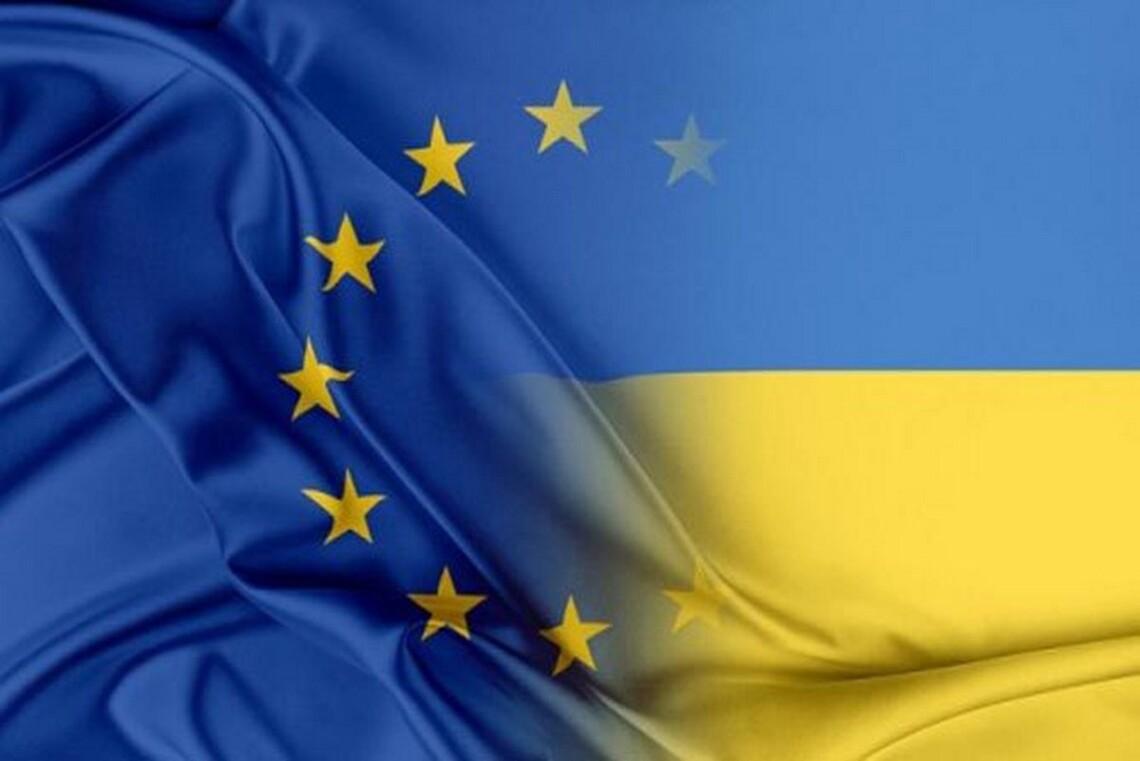EU will not restrict agricultural imports from Ukraine despite farmers’ complaints

The European Union is not considering reintroducing the previously canceled duties on Ukrainian agricultural products, despite the fact that the growing volume of agricultural imports from Ukraine to the EU has had a negative impact on producers in neighboring countries. To mitigate the consequences, Brussels is looking for measures that will not harm Ukraine. This was announced on January 30 by European Commissioner for Agriculture Janusz Wojciechowski following a meeting of relevant EU ministers in Brussels.
As noted, the main topic of the meeting was the situation on the agricultural market amid the war in Ukraine. Poland, Hungary, Romania, Bulgaria, and Slovakia presented reports on the consequences of the growth of agricultural imports from Ukraine for the producers of these countries.
Janusz Wojciechowski said that wheat imports from Ukraine to the EU increased by an order of magnitude: from 287 thousand tons in 2021 to 2.8 million tons in 2022. The volume of Ukrainian corn imported to the EU almost doubled, from 7.3 million tons to 12 million tons. But the sharpest growth was in the imports of sunflower seeds from Ukraine to the EU: In 2021, this figure amounted to only 25 thsd tonnes, and in 2022 – already 1.8 mln tonnes.
The EU Council of Ministers of Agriculture decided that measures should be taken at the EU level to solve this problem.
“At the same time, there were no proposals to stop or restrict imports from Ukraine,” the European Commissioner emphasized, “We are talking about helping farmers, not about barriers or banning the import of goods from Ukraine. None of the representatives of the EU countries spoke about this.”
The EU fully supports Ukraine, Wojciechowski said. The question is how to help farmers affected by the growth of exports from Ukraine.
“The EU has the tools to solve this problem,” said the European Commissioner. “In this case, it is necessary to develop a scheme of temporary support, possibly from the EU crisis fund. In particular, farmers need to be compensated for storing grain and seeds that they could not sell.”
Janusz Wojciechowski emphasized that such measures do not require large capital investments, and that this is a temporary problem that will be solved after the end of the war between Russia and Ukraine.
Meanwhile, there is one complicated issue concerning the import of chicken from Ukraine, he said. Thus, from 90 thousand tons before the war, imports have almost doubled to 163 thousand tons, which is a concern for representatives of this business in the countries bordering Ukraine. The European Commission has not yet taken any steps in this regard, said Janusz Wojciechowski.
Read also
Wheat in Southern Brazil Impacted by Dry Weather and Frosts
Oilseed Industry. Leaders and Strategies in the Times of a Great Change
Black Sea & Danube Region: Oilseed and Vegoil Markets Within Ongoing Transfor...
Serbia. The drought will cause extremely high losses for farmers this year
2023/24 Safrinha Corn in Brazil 91% Harvested
Write to us
Our manager will contact you soon



